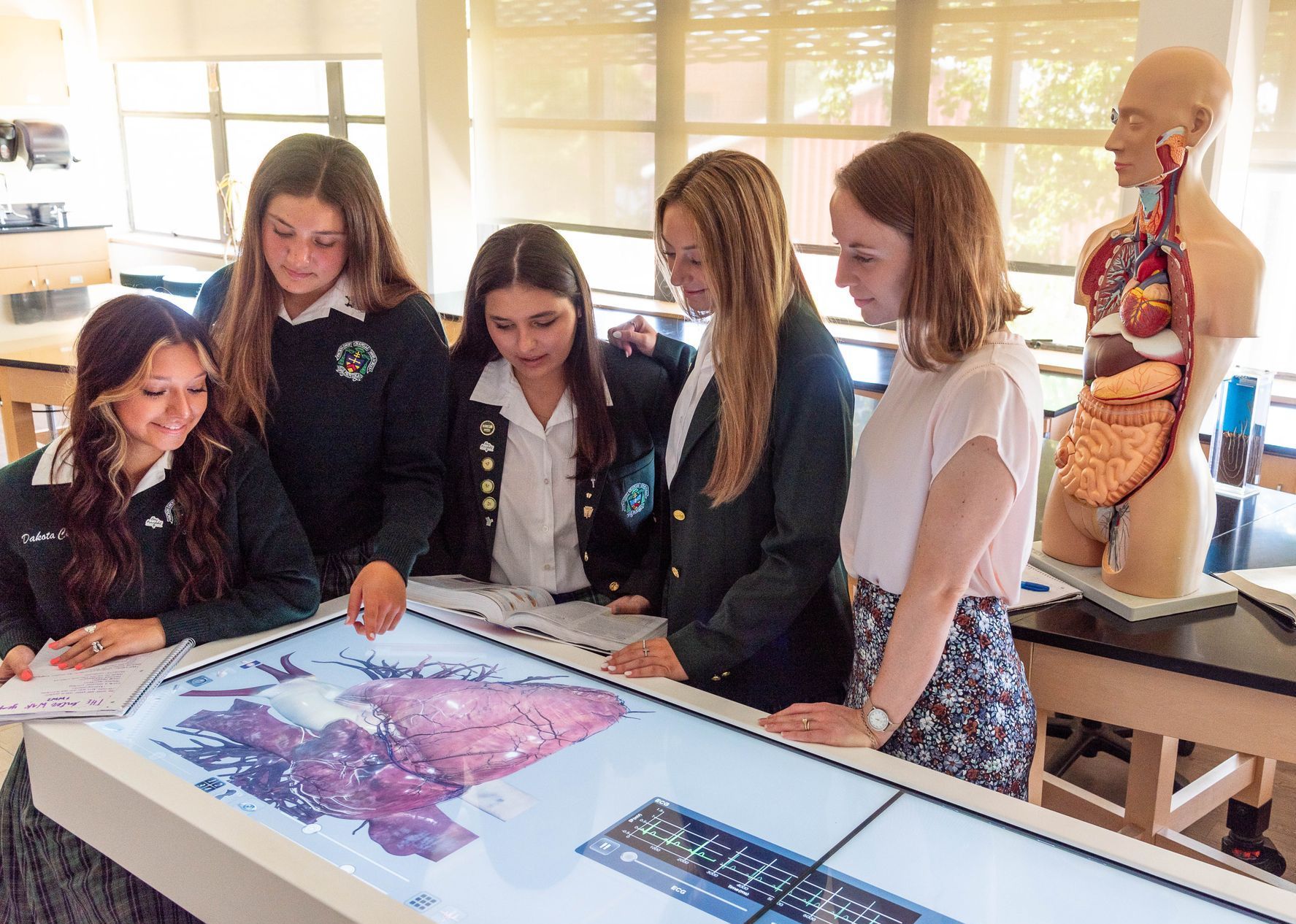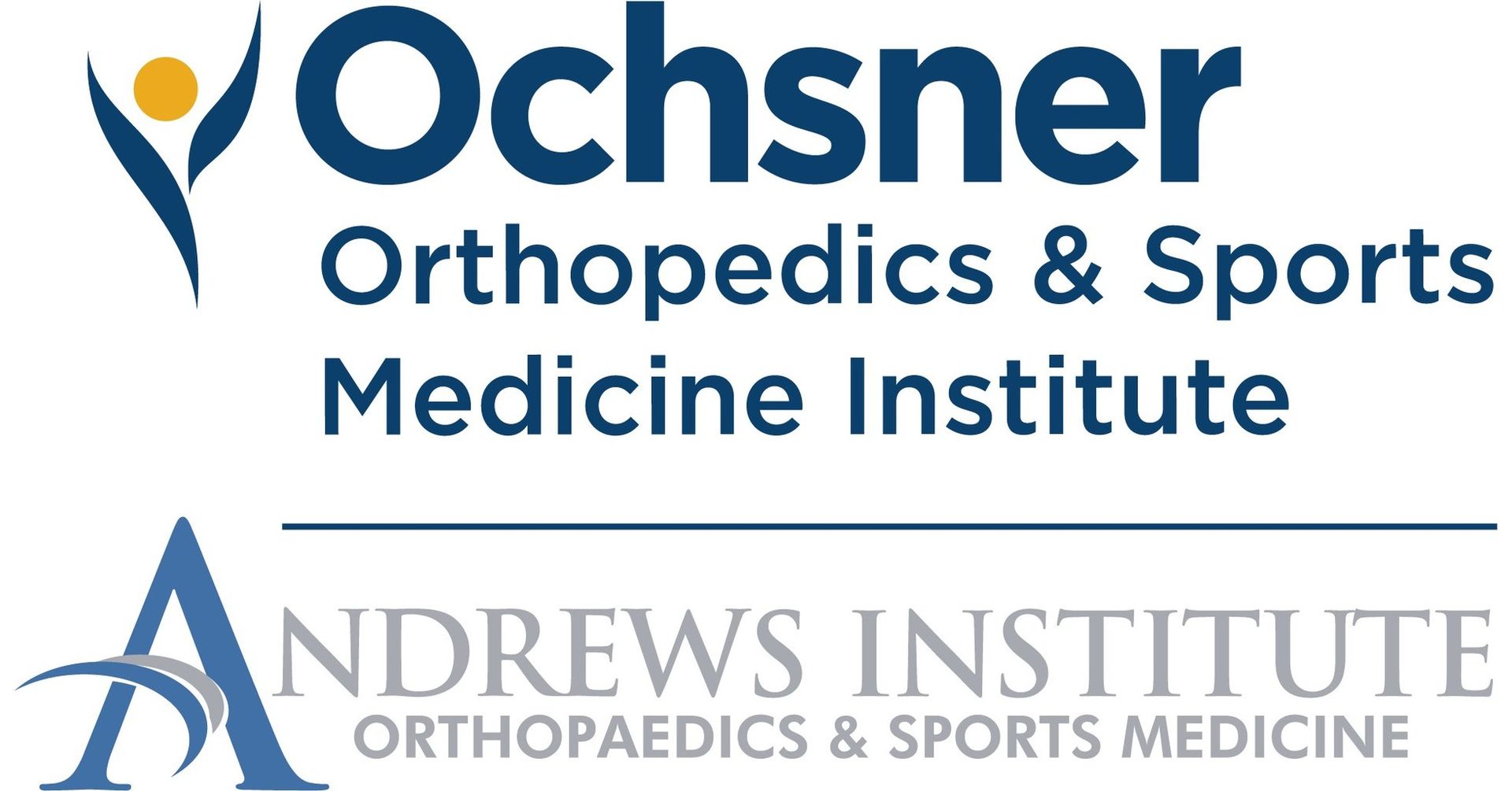SCIENCE
Science
Curriculum

-
Integrated Science 8
English 8
8th Grade
- This yearlong course is designed to prepare students for all subsequent high school science courses by providing students with foundational knowledge of physical science, biology, chemistry, physics, and environmental science.
-
Physical Science
Physical Science
8th-9th Grade
Credit: 1.0
- This yearlong course provides students with the fundamentals of physics and chemistry and their applications. Students will gain a foundation in the basic concepts needed for upper level science courses, while developing problem solving and critical thinking skills through laboratory experiences. Topics of study include matter, energy, forces and work.
Physical Science Honors
8th-9th Grade
Credit: 1.0
- This yearlong, honors-level course is a rigorous, in-depth study of the fundamentals of physics and chemistry and their applications. Students will gain a foundation in the basic concepts needed for upper level science courses, while developing problem solving and critical thinking skills through laboratory experiences. Topics of study include matter, energy, forces and work.
-
Biology
Biology I
9th-10th Grade
Credit: 1.0
- This yearlong course introduces biological science as a basis for the study of the nature of life. This study includes cell structure, fundamental biochemical processes, genetics, heredity, evolution, and human physiology.
Biology I Honors
9th-10th Grade
Credit: 1.0
- This yearlong, honors-level course provides a rigorous, in-depth study of biological science as a basis for the study of the nature of life. This study includes cell structure, fundamental biochemical processes, genetics, heredity, evolution, and human physiology.
Biology DE Dual Enrollment
12th Grade
Credit: 1.0
- This yearlong course is taken to earn both high school and college credit as part of the University of New Orleans dual enrollment program. Six credit hours for BIOS 1083 (Biology I) and 1073 (Biology II) are earned at the University of New Orleans upon passing both semesters. This credit is accepted at all Louisiana public universities and most out of state universities. To enroll, a student must have an ACT Composite score of 19 and a Math sub score of 19 as well as demonstrate a high level of proficiency in previous high school math courses. The first semester of this course explores the biochemistry of macromolecules, cellular structure, metabolism, reproduction and genetics. The second semester of this course explores the principles of genetics, evolution, systematics, ecology, diversity, plant growth and development, animal nutrition, development and physiology. The course uses the study features on mylabPearson to practice pre and post assessments, homework, and study tools. Exams are given on paper.
-
Chemistry
Chemistry I
10th – 11th Grade
Credit: 1.0
- This yearlong course explores the principles of chemistry derived as much as possible from observation and experimentation. Topics of study include atoms, molecules, chemical reactions, acids and bases, chemical equilibria, and reaction rates. Laboratory activities provide hands-on experiential learning for students to problem solve and acquire deep understanding of scientific concepts.
Chemistry I Honors
10th – 11th Grade
Credit: 1.0
- This honors-level course presents a more rigorous study of the principles of chemistry derived as much as possible from observation and experimentation. The material will be presented in greater depth in order to provide students with a deeper understanding of this science. Some of the concepts explored during the year are atoms, molecules, chemical reactions, acids and bases, chemical equilibria, and reaction rates. Laboratory activities provide hands-on experiential learning for students to problem solve and acquire deep understanding of scientific concepts.
AP Chemistry
12th Grade
Credit: 1.0
- This honors-level course presents a more rigorous study of the principles of chemistry derived as much as possible from observation and experimentation. The material will be presented in greater depth in order to provide students with a deeper understanding of this science. Some of the concepts explored during the year are atoms, molecules, chemical reactions, acids and bases, chemical equilibria, and reaction rates. Laboratory activities provide hands-on experiential learning for students to problem solve and acquire deep understanding of scientific concepts.
-
Physics
Physics
11th-12th Grade
Credit: 1.0
- This yearlong course focuses on the study of the physical world. It is designed to develop an understanding of the phenomena of everyday life via the laws of physics. As a math-oriented course, it balances theory with practical application in the study of matter, energy, motion, sound, light, wave interaction, electrostatics and magnetism with heavy emphasis on critical thinking.
Physics Honors
11th-12th Grade
Credit: 1.0
- This yearlong course focuses on a rigorous study of the physical world. This course is designed to develop a deep understanding of the phenomena of everyday life via the laws of physics. It is a math-oriented course, which balances theory with practical application in the study of matter, energy, motion, sound, light, wave interaction, electrostatics and magnetism with heavy emphasis on critical thinking. Students will be required to memorize formulas and demonstrate higher order thinking skills.
-
Environmental Science
Environmental Science
12th Grade
Credit: 1.0
- This yearlong course focuses on the study of ecology, demography, and environmental issues, such as loss of biodiversity, pollution, climate change, and resource depletion. Students will research real world environmental issues related to the course content with a special focus on the study of Louisiana's coastal ecosystem. Students enrolled in this course will also participate in LSU's Coastal Roots program, which entails growing trees in our campus nursery and planting them in areas in need of habitat restoration.
AP Environmental Science
12th Grade
Credit: 1.0
- The AP Environmental Science course is the equivalent of a one-semester, introductory college course in environmental science, through which students engage with the scientific principles, concepts and methodologies required to understand the interrelationships of the natural world. The course requires that students identify and analyze natural and human-made environmental problems, evaluate the relative risks associated with these problems, and examine alternative solutions for resolving or preventing them. Environmental science is interdisciplinary, embracing topics from geology, biology, environmental studies, environmental science, chemistry, and geography.
-
Anatomy and Physiology Honors
Anatomy and Physiology Honors
12th Grade
Credit: 1.0
- This yearlong, upper-level honors course is designed for college-bound science majors seeking a degree in the area of medicine or other allied health fields. This course is an in-depth study of the human anatomy, including structure and systems, and its physiology. Students will be required to think critically, work collaboratively, and problem solve. Prerequisites include a minimum grade of B in Biology I and Chemistry I.
-
Electives
Principles of Engineering
11th-12th Grade
Credit: 0.5
- Principles Of Engineering (POE) is a high school-level survey course of engineering. The course exposes students to some of the major concepts that they will encounter in a post-secondary engineering course of study. Students have an opportunity to investigate engineering and high tech careers. POE gives students the opportunity to develop skills and understanding of course concepts through activity-, project-, and problem-based (APPB) learning. Used in combination with a teaming approach, APPB learning challenges students to continually hone their interpersonal skills, creative abilities, and problem-solving skills based upon engineering concepts. It also allows students to develop strategies to enable and direct their own learning, which is the ultimate goal of education.
Veterinary Science
10th-12th Grade
Credit: 0.5
- This semester-long course will investigate scientific concepts relating to the study of the role of a veterinarian in the care, behavior, and diagnosis of diseases in an animal. Topics to be discussed include: career exploration, veterinary terminology, anatomy and physiology, pathology, and animal management. The course will focus on dogs, cats, rabbits, birds, reptiles, and fish. Laboratory activities will provide opportunities for problem-solving through practical applications to learn scientific concepts. Application to current issues will also be explored. The class will use the resources from the student workbook from the Cornell Educational Research Program.
Meet our
Science Faculty
-
Judy Merrill
Buttonjmerrill@archbishopchapelle.org
-
Danielle Rohli
Buttondrohli@archbishopchapelle.org
-
Emily Canuto '16
Buttonecanuto@archbishopchapelle.org
-
Vincent Giovingo
Buttonvgiovingo@archbishopchapelle.org
-
Judy Homes
Buttonjhomes@archbishopchapelle.org
-
Madeleine Jones
Buttonmjones@archbishopchapelle.org
-
Scott McKeough
Buttonsmckeough@archbishopchapelle.org
-
Shelby Pickett
Buttonspickett@archbishopchapelle.org
-
William Thompson
Buttonwthompson@archbishopchapelle.org

The mission of Archbishop Chapelle High School is the establishment of a Catholic educational community of excellence in which the spiritual, academic, and social development of our students is accomplished, trusting that Deus Providebit...God Will Provide.
The schools of the Archdiocese of New Orleans, Louisiana admit students of any race, color, national and ethnic origin to all the rights, privileges, programs, and activities generally accorded or made available to students at its schools. They do not discriminate on the basis of race, color, national or ethnic origin in administration of their educational policies, admissions policies, scholarship and loan programs, and athletic or other school-administered programs.















